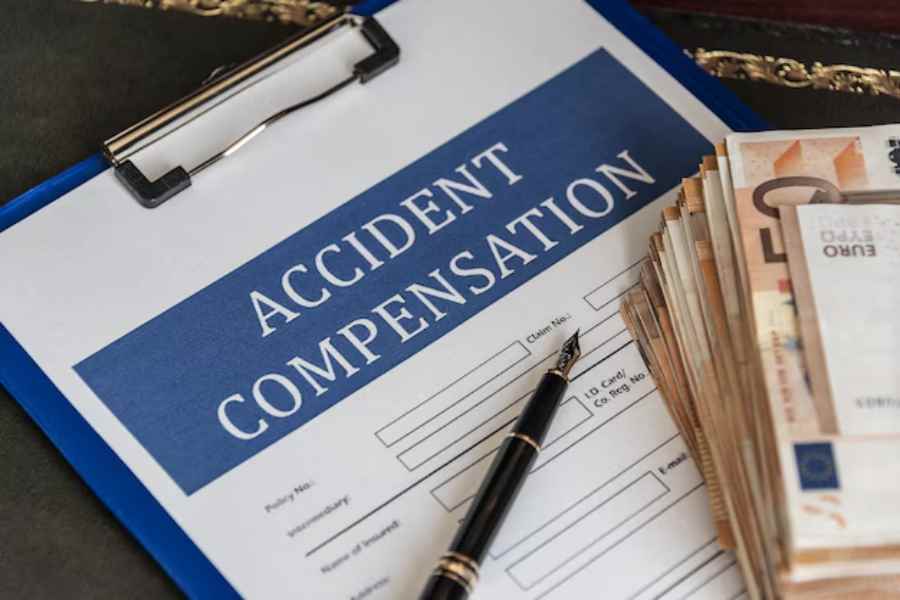Accidents can lead to serious consequences, and understanding liability is crucial for victims seeking compensation. In most cases, the party responsible for the accident is liable to pay compensation to the injured party. This can include individuals, companies, or government entities depending on the circumstances surrounding the incident.
Determining who is liable often requires a thorough investigation of the events leading up to the accident. Factors such as negligence, intent, and the specific laws in place will play a significant role in establishing liability. Additionally, insurance policies may also influence who bears the financial responsibility.
Navigating the complexities of liability can be daunting. Knowing who to hold accountable is essential for accident victims to ensure they receive the compensation they deserve, and recognizing the parties involved can aid in achieving a fair resolution.
Determining Liability in an Accident Case
Liability in an accident case relies heavily on understanding negligence and the role of insurance companies. Establishing who is at fault is crucial for determining compensation claims.
Understanding Negligence
Negligence is a key factor in assessing liability. It refers to the failure to exercise reasonable care, resulting in harm to another party. To establish negligence, four elements must be proven:
- Duty of Care: The responsible party had a legal obligation to act in a reasonably safe manner.
- Breach of Duty: The responsible party failed to meet that obligation.
- Causation: The breach directly caused the accident.
- Damages: The victim suffered actual harm or losses.
In accident cases, evidence such as police reports, witness statements, and photographs can establish these elements. Legal advice and help needed from car accident lawyers can be invaluable in navigating these claims.
Role of Insurance Companies
Insurance companies play a significant role in determining liability. They evaluate the details surrounding an accident and assess claims based on evidence gathered. This may include:
- Statements from Involved Parties: Both drivers involved in the accident.
- Witness Accounts: Statements from individuals who observed the accident.
- Accident Reports: Official reports generated by law enforcement.
Insurance adjusters analyze this information to determine which party is at fault and what compensation is due. Disputes may arise when an adjuster’s conclusion does not align with the injured party’s expectations. In such cases, a car accident lawyer can assist in negotiating with the insurer, ensuring rightful compensation claims are pursued.
Processes and Procedures in Accident Compensation
Navigating accident compensation involves several critical steps. Each stage is essential for injured parties seeking to recover damages from responsible entities. Understanding these processes aids in ensuring a smooth experience.
Filing a Claim
The first step in pursuing compensation is filing a claim with the insurance company of the at-fault party. This process often begins with gathering relevant evidence, such as accident reports, medical records, and witness statements.
Claimants must provide a detailed account of the incident and outline the injuries sustained. Once the claim is submitted, the insurance company will review the information and assess the damages.
In many cases, it is beneficial to enlist the help of a car accident lawyer at this stage. Legal professionals can ensure that all necessary documentation is accurately completed and submitted in a timely manner.
Settlement Negotiations
If the claim progresses favorably, negotiations for a settlement may take place between the injured party and the insurance adjuster. These negotiations focus on the compensation amount based on medical expenses, lost wages, and pain and suffering.
Effective negotiation techniques are crucial in this stage. Claimants should have a clear understanding of their needs and the evidence supporting their claims.
The involvement of a car accident lawyer can be a significant advantage. They can provide expertise in negotiating terms that are fair and just while preventing any potential undervaluation of claims.
Litigation Process
If settlement negotiations fail, the case may move to litigation. This formal process begins with filing a lawsuit against the at-fault party in the appropriate court.
The discovery phase follows, where both parties gather evidence and take depositions from relevant witnesses. This phase is critical for building a strong case.
Trial proceedings will commence if the case does not settle beforehand. A judge or jury will hear arguments from both sides and ultimately decide on the outcome.
Compensation claims in accident cases are guided by a combination of statutory provisions and case law. Understanding these frameworks is essential for determining who is liable for damages. Having a knowledgeable car accident lawyer is vital during litigation, as they guide the injured party through legal complexities and advocate for their rights in court.


